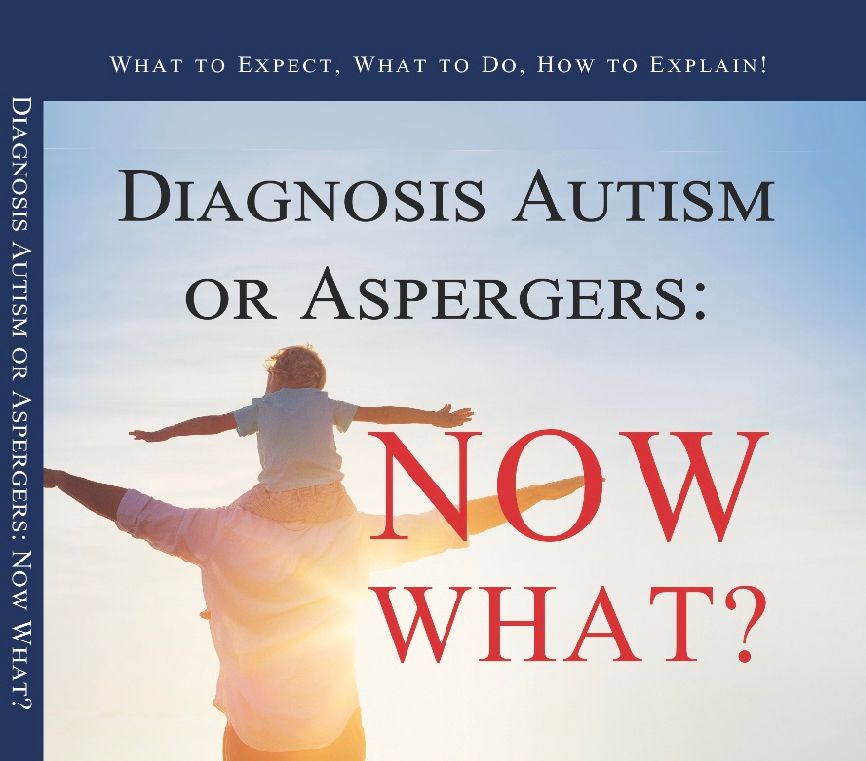
Asperger’s syndrome is now folded into a new diagnosis called autism spectrum disorder (ASD). Children with AS often have trouble reading social cues. They may miss facial expressions and body language, or they might speak in a monotone.
They also tend to hyperfocus on a narrow topic of interest. Treatment can improve their ability to interact with other people and manage daily activities.
Characteristics
People who have Asperger’s syndrome are considered to be high functioning. They may not have the same challenges with social interactions as others on the autism spectrum and are able to live fairly independently, even into adulthood. However, they are not without their own unique struggles. They often struggle to recognize social cues, crave repetition and routine and have difficulty coping with change. They may also experience sensory differences, including being highly sensitive to certain foods, sounds and textures or have an intense interest with one subject.
They might not respond to emotions, show little interest in friendships or a desire for a close relationship, and have trouble interpreting body language. They may speak in a monotone or rhythmic way and avoid making eye contact when talking. People with Asperger’s might have a good vocabulary and be very book smart but can still find it difficult to use their language in a way that is appropriate for social situations.
While many children with Asperger’s do not have a speech delay, they might talk about themselves and their interests frequently and repeat themselves a lot. They might be unable to read emotions in other people and might not understand that it is rude to interrupt others or to speak over them. They might have an IQ that is above average and yet they may find it challenging to relate to other children their age or adults.
Many children and adults with Asperger’s try to make friends but they might not be able to sustain those friendships for long. They might become jealous of those who have close relationships with other children or adults. In addition, they might be the target of bullying or intimidation from their peers because of their lack of social skills.
It is important for parents to pay attention to unusual behaviors that might indicate a child has Asperger’s. They should take them to a doctor for evaluation, as soon as possible. This will ensure an accurate diagnosis and allow treatment to start as early as possible.
Symptoms
Although Asperger’s syndrome is not as physically evident as other autism spectrum disorders, people with this condition still have some notable physical symptoms. They may speak in a monotone or with a rhythmic voice and have trouble understanding emotional cues, like body language. They also have a hard time forming friendships with others and can struggle in social settings, such as school or work.
Children with Asperger’s syndrome often have difficulty with their motor skills, and may have clumsiness. They also have a tendency to engage in repetitive behavior, such as tapping their fingers or blinking their eyes frequently. This is called stimming. Children with Asperger’s syndrome can also become obsessed with certain topics and have a deep understanding and vocabulary related to those topics. They tend to talk about these topics constantly and have trouble shifting the conversation to other subjects.
People with Asperger’s syndrome are also likely to miss some social cues, including body language and facial expressions. They can easily miss a tone of voice and may misinterpret what someone else means when they say something inappropriate or rude. Moreover, they have a hard time reading other people’s emotions and are unlikely to understand why some people have an intense reaction to something that seems insignificant to them.
In addition to speech therapy and behavioral treatment, individuals with Asperger’s syndrome can benefit from social skills training. These classes teach important conversational skills, such as taking turns, listening to others, and responding appropriately. They can also learn to avoid focusing on one topic during conversations.
There is no cure for Asperger’s syndrome, but many people with this disorder improve over time. Some people benefit from talk therapy, which can help them manage their emotions, repetitive behaviors and obsessions. Other people need occupational therapy, which helps with their fine motor skills and sensory issues.
It is also important to note that Asperger’s syndrome was originally considered a separate diagnosis from autism until it was folded into the autism spectrum disorder (ASD) classification in the 2013 edition of the International Classification of Diseases and the Diagnostic and Statistical Manual of Mental Disorders (DSM-5) in America. Nevertheless, some people who have Asperger’s syndrome continue to use the term as their identity, in spite of this change in diagnostic criteria.
Diagnosis
People with Asperger’s syndrome are highly intelligent, but have trouble with social skills and tend to focus on a narrow range of interests. It’s important to talk with a doctor, mental health professional or specialist if you think you or someone else may have this condition. They will ask questions and evaluate symptoms, including problems with eye contact, misunderstanding of social cues and repetitive behaviors.
A mental health professional will also want to rule out underlying health problems that could be causing these symptoms, such as depression or anxiety disorders. They will want to know how much the symptoms affect daily life and what other treatments have been tried.
There is no cure for Asperger’s disorder or other forms of autism, but treatment can help manage the symptoms. Behavioral therapy, such as cognitive behavioral therapy (CBT), can change negative and unhelpful thought patterns that lead to anxiety or other mood problems. Talk therapy can teach people with Asperger’s how to cope and interact with their peers.
Speech and language therapy helps people with Asperger’s learn how to engage in conversation and develop their speech. It can help them take turns talking, understand nonverbal cues and show interest in other people’s topics. It can also address the difficulty many people with Asperger’s have with motor skills, such as writing and pedaling a bike.
Neurofeedback training or treatment can help stabilize and reorganize brain networks that are dysregulated or functioning improperly. This can lead to significant improvement in behavior and social skills.
People with Asperger’s can have a fulfilling and rewarding life, especially when they are fully accepted for who they are. The key is to get diagnosed and treated early. This will give them the tools to navigate their unique challenges and strengths.
Parents and teachers should be aware that children with Asperger’s may need special education services, particularly when they begin elementary school. This will help them adapt to a larger class size and more complex social interactions. They can also benefit from counseling and support groups. The Raising Children Network has a guide to school support services that can help parents and teachers find the right resources.
Treatment
People with aspergers autism can benefit from psychotherapy that focuses on managing their mental health and learning how to cope with their unique challenges. Some individuals may also need additional support services like physical therapy or occupational therapy to address specific motor problems, sensory integration, or social and communication skills.
People who have aspergers autism often experience difficulty relating to others and reading their emotions. They can also struggle with social and nonverbal communication. This can make it difficult to develop friendships and maintain relationships. Individuals with aspergers autism often feel misunderstood and can develop anxiety.
Symptoms of aspergers autism can be treated with behavioral therapies, medication, and other treatments. Cognitive behavioral therapy (CBT) is a type of talk therapy that can help a person with aspergers autism change negative thought patterns and behaviors. It can also be helpful for addressing anxiety and depression.
Other treatment options include speech therapy and social skills training. A speech therapist can teach children and adults how to communicate with others using appropriate conversational skills, such as taking turns and listening to others’ opinions. A social skills trainer can help a person with aspergers understand and respond to nonverbal cues and how to handle their own emotions in social situations.
Physical or occupational therapy can help kids with aspergers autism who have trouble coordinating their movements and activities. A therapist can teach them exercises to improve balance, hand-eye coordination, and reaction time. Sensory integration therapy can help kids with aspergers learn to regulate their sensory input, such as sounds or touches.
Applied behavior analysis (ABA) is a type of therapy that can help kids and adults with aspergers develop social and communication skills by encouraging positive behaviors and discouraging negative ones. This type of therapy has shown a lot of promise in improving the lives of people with aspergers.
Some individuals and families choose to use complementary and alternative treatments, such as herbal supplements, animal therapy, art therapy, and mindfulness techniques. While these treatments may offer some benefits, they are not scientifically proven and should be used in conjunction with traditional therapies. Individuals with aspergers autism should always consult a doctor before trying any complementary or alternative treatment.





